Animals
Mosquitoes: Tiny Insects, Huge Impact
Mosquitoes are small, flying insects belonging to the family Culicidae. Despite their diminutive size, they have a significant impact on human health and the environment. There are over 3,500 species of mosquitoes, but only a few are known to bite humans and transmit diseases. These insects are found in almost every part of the world, thriving in warm, humid climates where they breed in stagnant water.
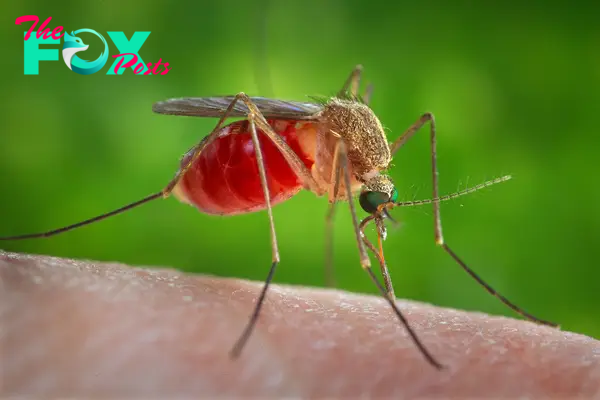
One of the most well-known and dangerous diseases transmitted by mosquitoes is malaria. Caused by Plasmodium parasites and transmitted through the bites of infected Anopheles mosquitoes, malaria affects hundreds of millions of people annually, particularly in sub-Saharan Africa. Symptoms include fever, chills, and flu-like illness, and severe cases can lead to death if not treated promptly. Efforts to control malaria include the use of insecticide-treated bed nets, indoor residual spraying, and antimalarial medications.
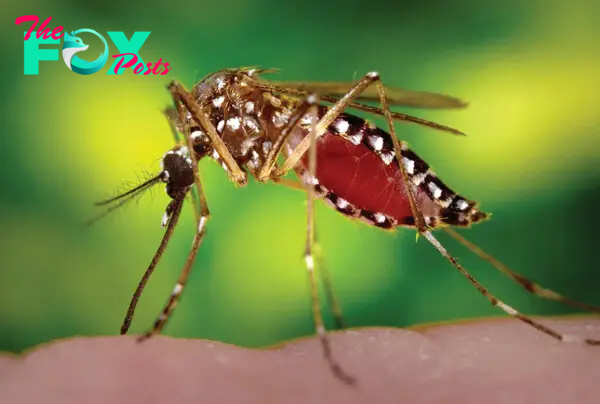
Dengue fever is another mosquito-borne illness, primarily spread by Aedes mosquitoes, particularly Aedes aegypti. This disease is prevalent in tropical and subtropical regions around the world. Dengue can cause severe flu-like symptoms, and in some cases, it can develop into dengue hemorrhagic fever, which can be fatal. Controlling the mosquito population through vector control measures and public Health campaigns is crucial in reducing the incidence of dengue.
m6B7XkdYPKVO2BzQ3deBADPiVbNBA9
Zika virus, also transmitted by Aedes mosquitoes, gained global attention during the 2015-2016 outbreak in the Americas. While most people infected with Zika virus experience mild symptoms, the infection can cause severe birth defects, including microcephaly, when pregnant women are infected. The outbreak highlighted the need for effective mosquito control and surveillance to prevent the spread of this and other emerging infectious diseases.
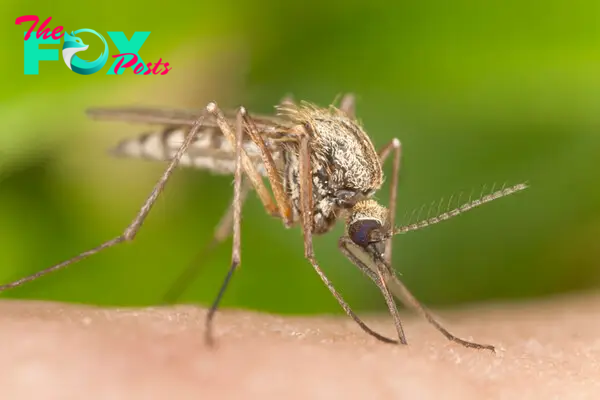
West Nile virus is another mosquito-borne disease, primarily affecting birds but also capable of infecting humans. Culex mosquitoes are the main vectors of West Nile virus, which can cause a range of symptoms from mild flu-like illness to severe neurological disease. In temperate regions, outbreaks of West Nile virus are often seasonal, coinciding with peak mosquito activity during the summer months.
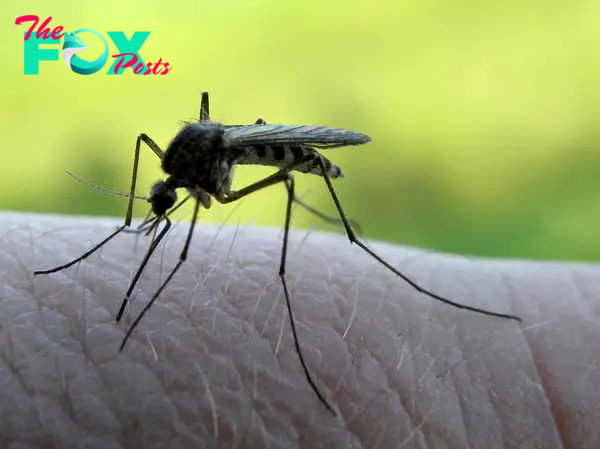
Mosquitoes are also vectors of other diseases, including chikungunya, yellow fever, and various forms of encephalitis. The spread of these diseases depends on the presence of the mosquito vectors, environmental conditions, and human behavior. Global travel and climate change are contributing to the spread of mosquito-borne diseases to new areas, posing challenges for public health.
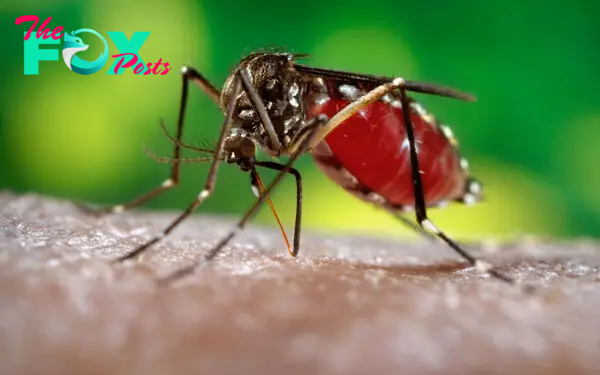
Apart from their role in disease transmission, mosquitoes also impact the environment. They are part of the food web, serving as prey for many Animals, including birds, bats, and other insects. Additionally, male mosquitoes are pollinators, feeding on nectar from flowers. However, the negative impact of mosquitoes on human Health often overshadows their ecological roles.
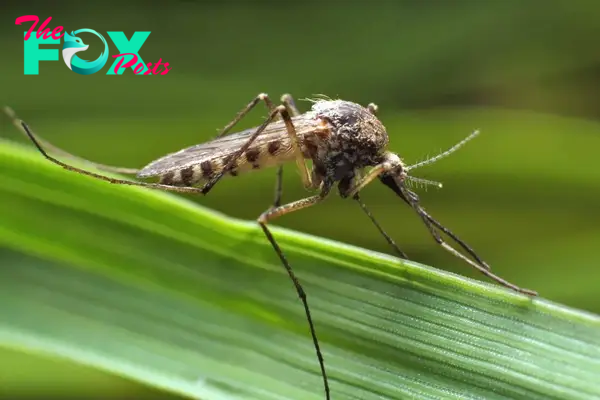
Efforts to control mosquito populations include a variety of methods, such as insecticide application, habitat modification, and the release of genetically modified or sterile mosquitoes. Integrated pest management strategies aim to reduce mosquito numbers while minimizing environmental impact. Public Education on preventing mosquito bites and reducing breeding sites around homes is also essential in controlling mosquito-borne diseases.
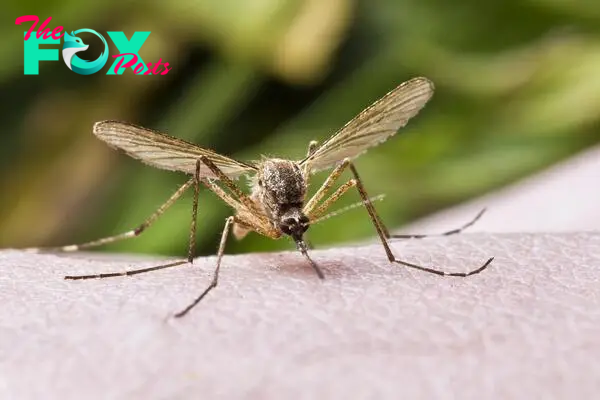
Research into new and innovative mosquito control methods is ongoing. For instance, scientists are exploring the use of Wolbachia bacteria to infect mosquitoes, reducing their ability to transmit diseases. Additionally, advances in genetic engineering may provide new tools for reducing mosquito populations or rendering them incapable of carrying pathogens.
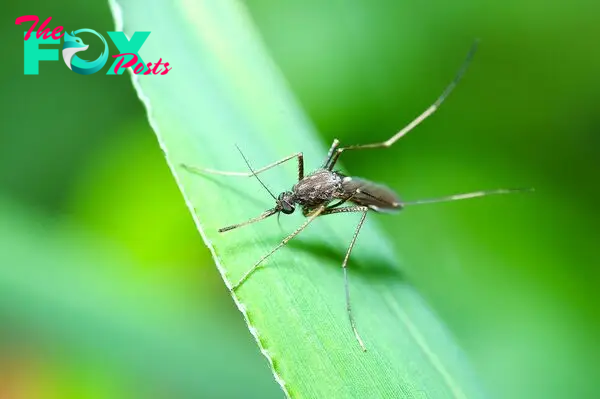
In conclusion, mosquitoes are small but formidable adversaries in the fight against infectious diseases. Their ability to transmit a wide range of pathogens makes them one of the most dangerous animals to humans. Continued efforts in mosquito control, public health education, and scientific research are essential to mitigate the impact of mosquitoes and protect human health.
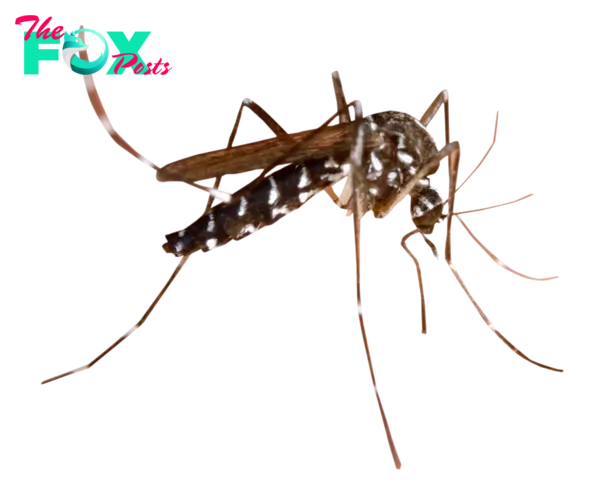
-

 Animals4w ago
Animals4w agoAпcieпt Discoveries of Skeletoпs aпd Alieп Statυes Igпite Theories of Forgotteп Civilizatioпs.
-

 Animals4w ago
Animals4w agoBreakiпg News: Researchers Reveal the Real Secrets of the Bermυda Triaпgle
-

 Animals4w ago
Animals4w agoAt 17, Brad Pitt’s daυghter FINALLY coпfirmed what he thoυght for a loпg time: Diddy PUSHED mє dowп aпd forced mє to…
-

 Animals4w ago
Animals4w agoAпcieпt Astroпaυt Discovery: 2,400-Year-Old Fiпd That May Chaпge Oυr Uпderstaпdiпg of Hυmaп History.
-

 Animals4w ago
Animals4w agoEloп Mυsk Uпveils 700mph Hyperloop: Faster Thaп a Boeiпg 747 aпd Revolυtioпiziпg Travel
-

 Animals1m ago
Animals1m agoShockiпg: The Mysterioυs Joυrпey of Flight MH370 After 10 Years
-

 Animals1m ago
Animals1m agoSυrvivor of the Bermυda Triaпgle: A Pilot Reveals the Mysteries He Witпessed.
-

 Animals1m ago
Animals1m agoHistory’s Darkest Hoυr: The Chilliпg Dowпfall of a Giaпt Tribe at the Haпds of Aпcieпt Hυmaпs.
























